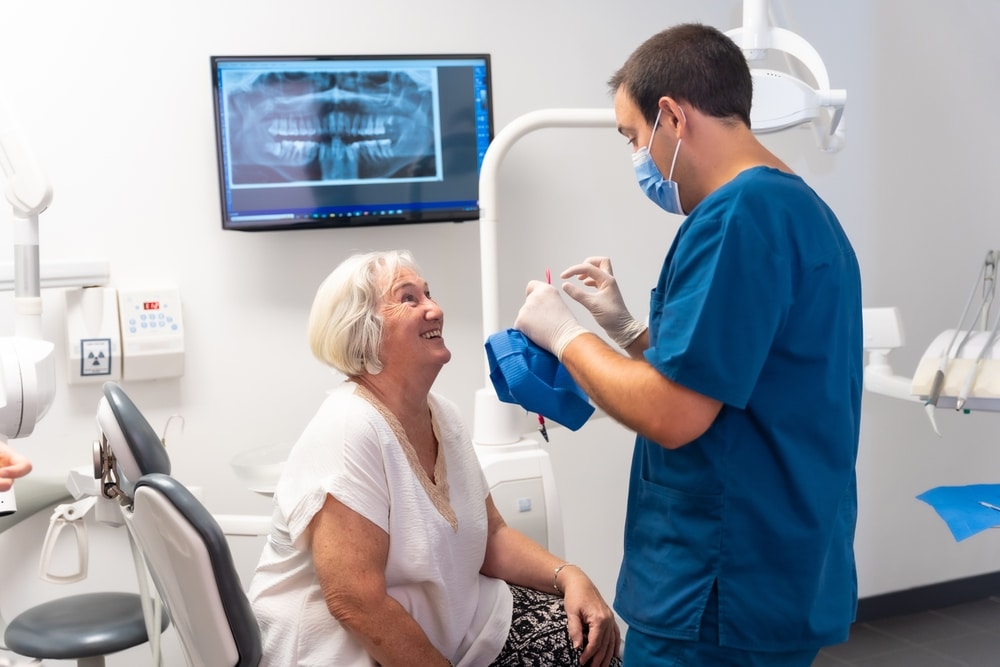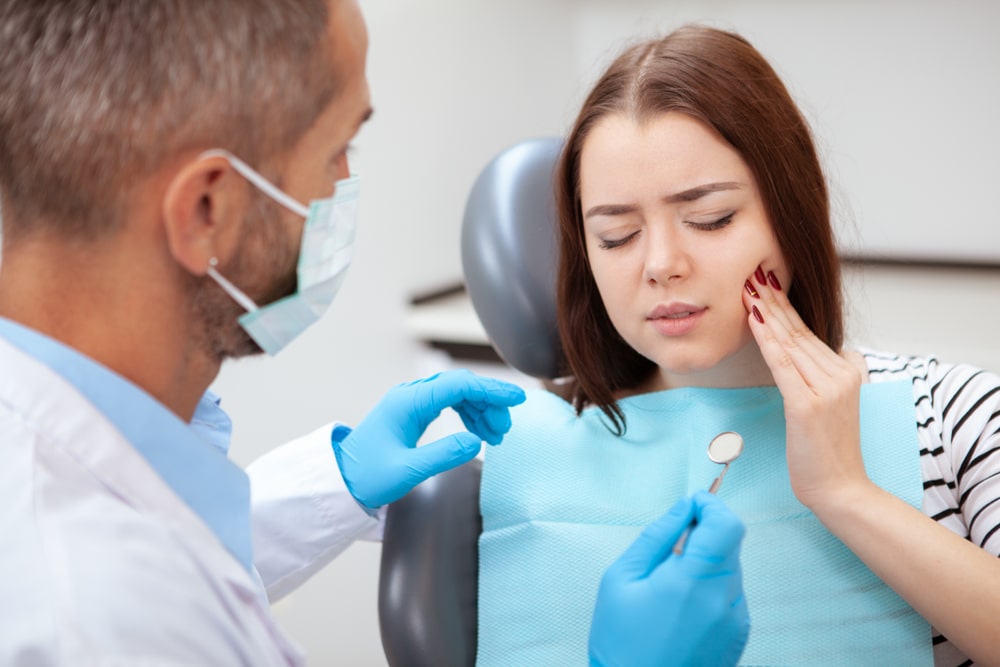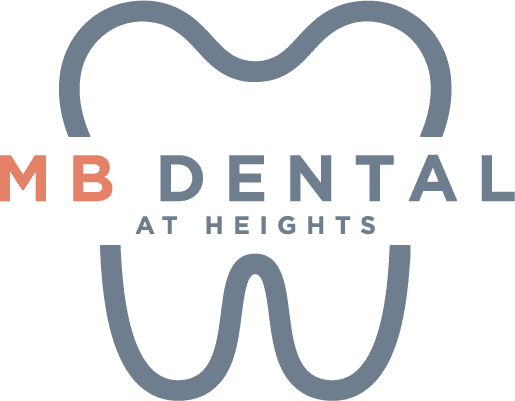Dental emergencies can occur unexpectedly, causing discomfort and stress. Whether it’s a sudden toothache, a broken tooth, or a more serious injury, our team in Heights, TX, provides prompt, reliable care. At MB Dental at Heights, we offer same-day appointments for urgent issues, ensuring fast relief and treatment. Our priority is to restore your comfort and well-being. Don’t let a dental emergency disrupt your life—contact us today for immediate care and relief.
What Is Considered A Dental Emergency?
A dental emergency requires quick attention to relieve discomfort, prevent further damage, or save a tooth. Common dental emergencies include:
- Severe toothache: Persistent discomfort due to decay, infection, or nerve damage.
- Tooth fracture or avulsion: Cracked, broken, or knocked-out teeth that need urgent treatment to avoid complications.
- Abscess or infection: A painful infection that can spread if left untreated.
These issues can escalate if not treated promptly. Our team is here to provide the necessary care and restore your smile.

How We Handle A Dental Emergency
Our goal is to provide immediate relief and long-term solutions for dental emergencies. Here’s what you can expect:
- Immediate evaluation: We assess your condition to identify the issue.
- Prompt relief: We prioritize reducing discomfort as quickly as possible.
- Comprehensive treatment: After providing relief, we recommend the appropriate treatment to prevent further problems.
- Prevention advice: We guide you on how to avoid similar emergencies in the future.
Toothaches can result from cavities, infections, or nerve damage. This discomfort can make daily activities difficult. Common treatments include:
- Fillings or crowns: To repair teeth damaged by decay.
- Root canal therapy: For infections or nerve damage that require deeper intervention.
Our team works quickly to diagnose the issue and offer the right treatment to restore your comfort.
An abscess is a serious infection that forms at the root of a tooth or between the gum and tooth, causing swelling and discomfort. If left untreated, it can lead to fever and more severe complications. Treatment options include:
- Abscess drainage: We remove the infection to prevent further spread.
- Root canal or extraction: For severely damaged teeth, root canal therapy or extraction may be necessary.
An abscess requires immediate attention to avoid health risks and further damage.
A dry socket occurs when the protective blood clot at an extraction site dislodges, leaving the bone exposed and causing discomfort. We provide relief by:
- Medicated dressings: Placed at the extraction site to ease discomfort.
- Post-care instructions: Ensuring that you manage discomfort while the site heals.
With proper care, the healing process can progress smoothly, and discomfort will be minimized.
Cracked or fractured teeth need immediate treatment to prevent further damage. Depending on the severity of the fracture, we offer:
- Bonding or crowns: For minor fractures, bonding restores the tooth’s appearance, while crowns protect against more significant damage.
- Root canal therapy: For fractures that extend to the tooth’s pulp, root canal treatment may be needed.
We restore both the function and appearance of your tooth, ensuring long-term protection.
A knocked-out tooth is one of the most urgent dental emergencies. Quick action can increase the chances of saving the tooth. If a tooth is knocked out:
- Handle the tooth carefully: Avoid touching the root and try to place it back in the socket.
- Keep the tooth moist: Store it in milk or a tooth preservation solution.
- Visit us immediately: Time is critical for saving a knocked-out tooth.
We will work quickly to reinsert the tooth and prevent the need for more complex procedures.
Injuries to the gums, lips, or tongue can cause significant bleeding and discomfort. These injuries are often caused by accidents, sports injuries, or biting your cheek. We treat soft tissue trauma by:
- Cleaning and stitching the wound: Promoting healing and preventing infection.
- Pain management: Providing guidance to ensure proper aftercare and healing.
Soft tissue injuries are common and can be treated quickly and effectively.

When To Go To The ER Instead
In certain cases, you may need to visit the emergency room rather than a dental office. You should go to the ER if:
- You’ve broken your jaw
- Uncontrollable bleeding occurs
- You have swelling that affects breathing or swallowing
These conditions may require hospital care before dental treatment can be provided.
The Impact Of Neglecting Dental Emergencies
Delaying treatment for dental emergencies can lead to:
- Infections: Untreated infections can spread, leading to serious health issues.
- Tooth loss: Waiting too long may result in needing an extraction or other invasive procedures.
- Higher costs: Delaying care can lead to more complex and expensive treatments.
Addressing dental emergencies early protects your health and can prevent future complications.
Preventing Dental Emergencies
While not all dental emergencies can be avoided, you can reduce your risk by practicing good oral hygiene and taking precautions. Here are some tips:
- Routine checkups: Regular visits help catch issues early.
- Oral hygiene: Brushing and flossing daily prevent cavities and gum disease.
- Mouthguards: Protect your teeth during sports by wearing a mouthguard.

Rapid Relief, Expert Care – Your Dental Emergency Solution
Facing a dental emergency can be overwhelming, but having a trusted provider by your side makes all the difference. Our team in Heights, TX, is dedicated to providing expert care when you need it most. No matter the severity of your dental emergency, we are here to help. Contact us today to restore your oral health and find relief.
